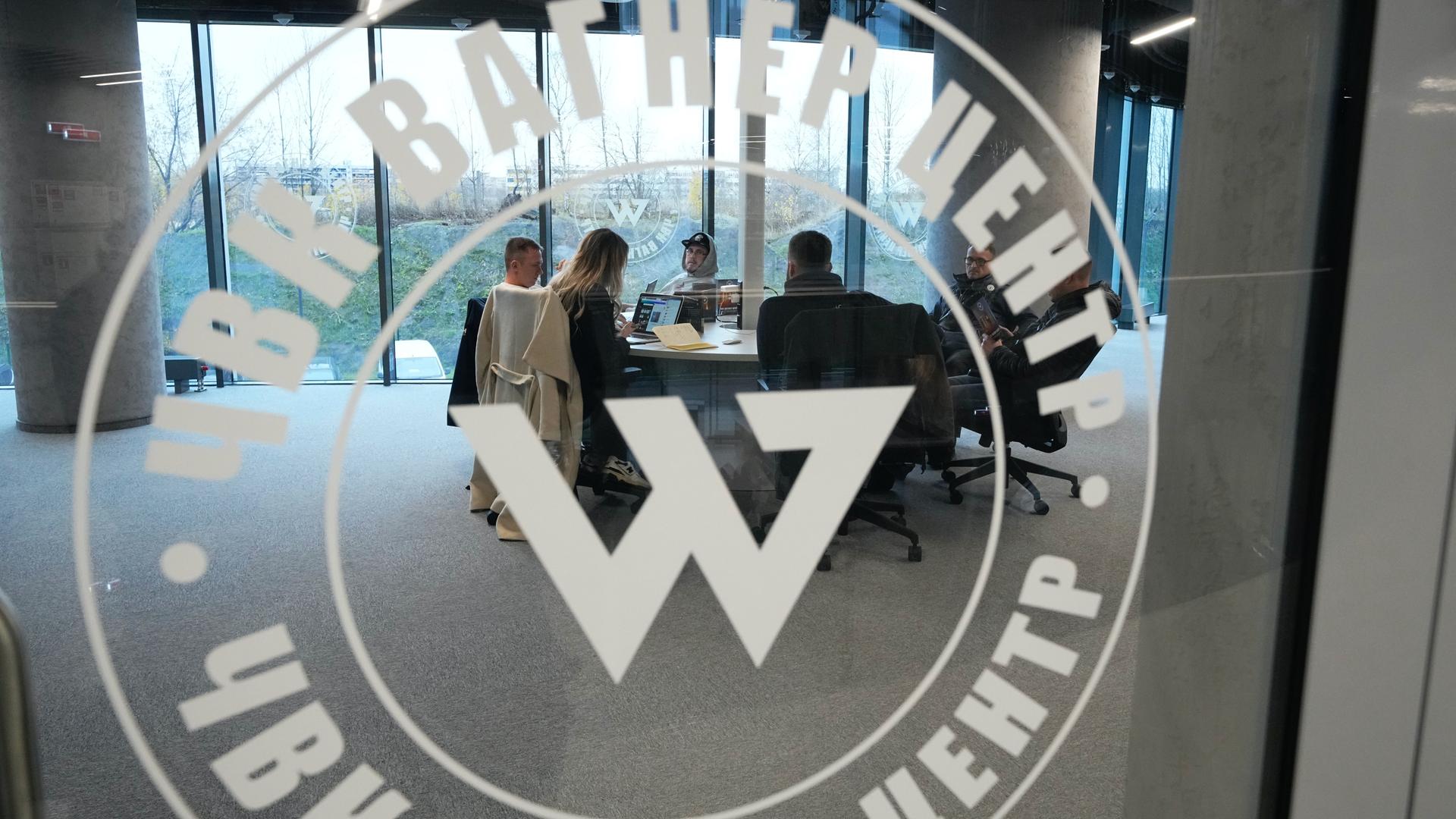Nemes Tarimo died last October while fighting for Russia in Ukraine. His body arrived in his home city of Dar es Salaam, Tanzania, last Friday.
Tarimo was in his early 30s. He’d traveled to Moscow from Tanzania to study at the Russian Technological University.
The last time his cousin Rehema spoke to him was in March 2020.
“We talked more about his studies. Nemes went there [to] Russia just for studies,” she said from her home in Tanzania.
In recent months, reports have emerged that Tarimo, and another man from Zambia, were killed while fighting for the Wagner Group in Ukraine. Wagner reportedly recruited the men from Russian prisons, promising them amnesty.
Rehema, who didn’t share her last name, said that Tarimo had big ambitions — at one point, he ran for political office in his hometown. But in 2021, things took a different turn. Tarimo was arrested in Moscow on drug-related charges.
“Unfortunately, he didn’t tell me anything about the situation,” Rehema said.
Rehema said she doesn’t know what happened to Tarimo after that. But court documents and media reports show that he was sent to prison. While there, he was recruited by the Wagner Group to fight in Ukraine, likely in return for amnesty.
The Tanzanian government confirmed last week that Tarimo died while fighting in Ukraine.
“We lost somebody … a very very important person in our family, because Nemes was very very kind and a loving person,” Rehema said.
Tarimo is not the only person from an African country that Wagner has recruited to fight in Ukraine.
Last week, the death of another man from Zambia made headlines. Twenty-three-year-old Lemekani Nyirenda was studying nuclear engineering in Moscow when, he too, was arrested for drug possession.
While serving his 9 1/2-year sentence, Wagner recruited Nyirenda to fight in Ukraine. His funeral was held in Zambia last week.
Tarimo and Nyirenda were both recruited from inside Russian prisons. But there are reports that Wagner is also recruiting fighters from countries in Africa.
“Not only is Wagner recruiting individuals who want to sign up to earn money by working for Wagner in African states, but actually, they’re also bringing in prisoners, including rebels from the same groups that they’re actually helping to fight countries like the Central African Republic to counter the rebels,” explained Catrina Doxsee, associate director and associate fellow for the Transnational Threats Project at the Center for Strategic and International Studies.
Wagner has operated in Africa for years — in Sudan, Libya, Mozambique, and most recently in the Sahel region.
According to Paul Stronski, senior fellow at the Carnegie Endowment for International Peace, Russia is seen as a friendly foreign power by some Africans.
“There’s a lot of anti-Western, anti-colonial legacies still there. Russia presents itself on the African continent as a noncolonial power,” Stronski said.
“We’ve seen conflicts for years in Africa, and the United States and Europe have not responded with the same urgency as they seem to be responding in Ukraine. Europe welcomed all these Ukrainians in 2022, but if you just look back — I think it [was] six years ago, 2016, 2015 — they weren’t so welcoming when people weren’t from Europe,” Stronski added.
In the past, Wagner recruits received some training before they were sent to the battlefields in Ukraine, but today, it is not clear if they get any training, given Russia’s demand for fighters, Doxsee said.
“The conditions in Ukraine for these recruits are horrible. We’ve long known that one of the appeals for Moscow in using private military companies rather than Russian soldiers is to have a force multiplier that can in some cases be used more as cannon fodder.”
Sometimes, they’re forced to stay on the front lines longer than the initial agreement.
Doxsee said there should be a public information campaign aimed at Africans and their governments detailing the realities of signing up with the Wagner Group.
That way people would understand better the risks involved.
